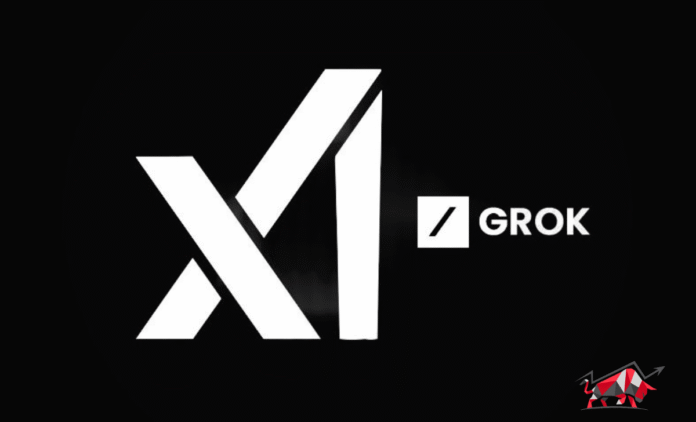Elon Musk’s artificial intelligence startup, xAI, is closing in on a major $5 billion debt financing package led by Morgan Stanley. The funds are earmarked for building new data centres and developing custom chips to power its AI ambitions. But a sudden public fallout with U.S. President Donald Trump has complicated the process and introduced uncertainty into what looked like a near-certain deal.
Strong Investor Appetite Before Musk-Trump Feud
In the days leading up to the conflict, enthusiasm was high. Investors had already placed over $4 billion in orders, buoyed by the buzz around Musk’s alignment with Trump, and big names like TPG were on board. Morgan Stanley was so confident that it floated the idea that xAI might secure lower interest rates than initially projected.
The structure was set to include a mix of fixed-rate and floating-rate loans, along with a corporate bond component. Preliminary terms put the fixed portions around 11.5–12 percent, and the floating tranche at about 7 percentage points above benchmark rates.
Public Spat Rattles Investors
Everything changed after Musk and Trump exchanged barbs on social media. Trump even threatened to pull government contracts vital to Musk’s companies—raising red flags for lenders who depend on government-backed support.
Investors and bankers acknowledge that Musk needs government support for that whole ecosystem, and the whole spat has to have some impact on how comfortable investors are investing in xAI.
Following the clash, bond prices tied to Musk-owned X slid from over $0.99 to approximately $0.96 on the dollar, signalling waning investor confidence.
Despite nervousness, the $5 billion financing remains on track, with a target close date of June 17.
Still, several issues are weighing on lenders:
- High financing rates: The yield range (~11.5–12%) underscores how risky investors now view this bet .
- Weak financial transparency: Some investors complained xAI’s data room was sparse—one even described the deck as “fugazi,” meaning more fantasy than fact.
- Collateral questions: The loans are secured by under-construction data centres and IP, but lenders are cautious about their valuation.
- Debt covenants: Institutional investors requested stricter safeguards on future borrowing and cash payouts.
Some investors have indicated they might walk away unless these terms are reinforced.
xAI’s financials and Growth Projections
xAI is far from profitable, reporting a $341 million loss in Q1 before interest, taxes, depreciation, and amortisation (EBITDA). However, the company forecasts revenues growing to $1 billion this year, reaching over $13 billion by 2029, with EBITDA turning positive by 2027 and reaching $13.1 billion by 2029.
Alongside the debt raise, xAI is raising $300 million in equity, valuing the firm at about $113 billion, likely reflecting investor confidence in its long-term prospects.
Deal Execution Amid Pressure
Morgan Stanley has been pitching to major credit investors, encouraging minimum orders of $100 million. They’ve leveraged the same distribution networks used for earlier debt offerings tied to Musk’s X platform.
Despite the Musk-Test, initial buyers haven’t pulled out—even demand for both debt and equity slightly increased after the public spat, according to advisors.
Still, bankers warn that to close by June 17, they may need to sweeten the terms—offering higher interest rates, steeper discounts, or extra protections .
Opinion: Strength under pressure—but conditions tightening
Musk’s high-stakes public feud has cast a shadow over xAI’s financing drive. Deals of this size aren’t just about assets; they rest on political calm and investor trust. A disagreement between the billionaire and a former president raises concerns about policy reprisals—especially when government contracts are on the line.
That said, xAI’s ability to maintain investor interest reveals its core appeal—ambitions in the AI space remain strong. The revenue forecasts to 2029 are bold but reflect a wider belief in AI’s transformative potential. What’s also telling is that even amid uncertainty, investors stuck around—proof that long-term gains can outweigh short-term drama.
Still, market wariness is now baked into the terms. If xAI wants to close this deal on its terms—by June 17 and at competitive rates—it may need to deepen governance protections or accept costlier financing. In short, Musk’s reputation is paying the price here. But so far, xAI’s future is intact—underscoring that credibility, clarity, and political cover remain the true currency of success in high-cost tech ventures.
Bottom line?xAI remains a formidable force in the AI race, backed by big financial commitments and bullish forecasts. But this financing run serves as a reminder: in today’s climate, political stability and robust deal structure are as crucial as innovation.


